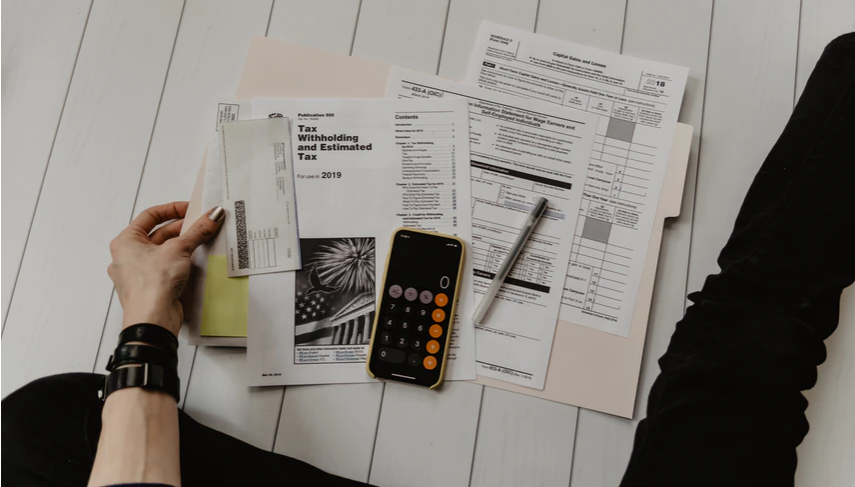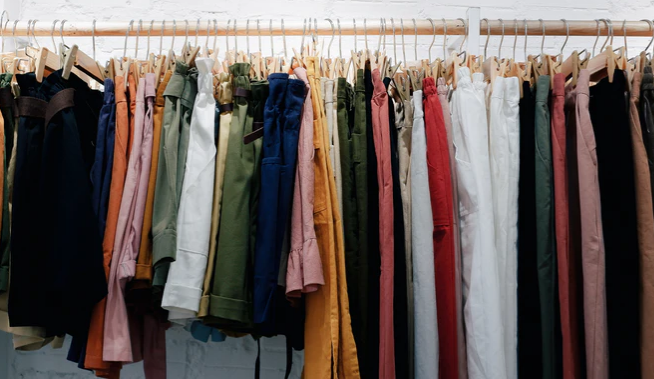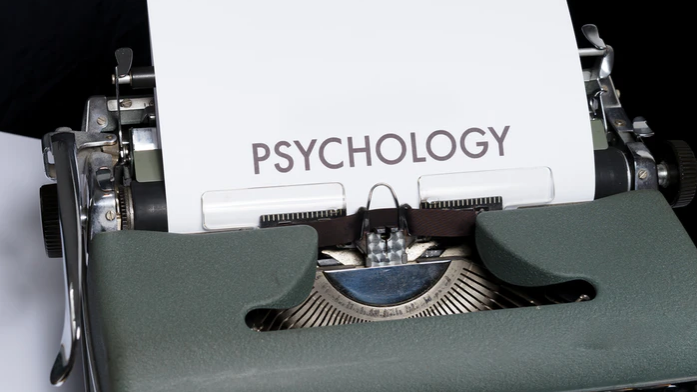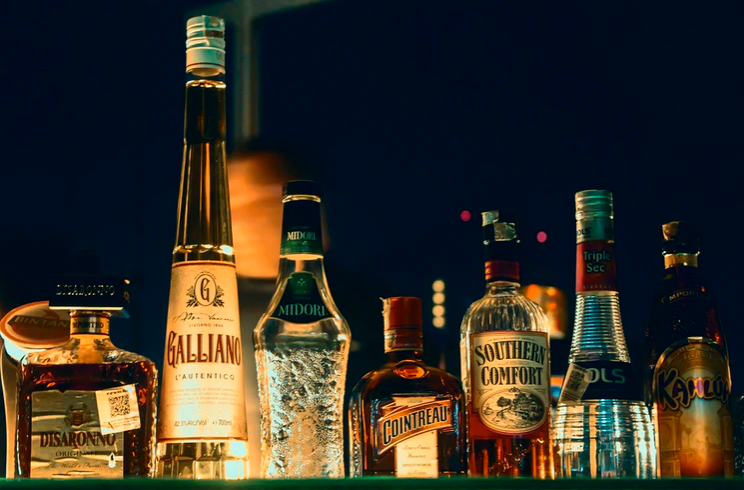Table of Contents
Nobody foresaw the global COVID pandemic that has ravaged the whole world. Many businesses suffered as a result as schools, restaurants, stores, etc. shut their doors nationwide due to the Covid-19 restrictions. The businesses allowed to operate have been few and the most confusing liquor stores were included in the list. There has been increased activity in liquor stores throughout the pandemic and this has led to many pondering and wondering why liquor stores are categorized as “essential” businesses. The reasons will become clearer once we dive deeply into the issue.
Why Are Liquor Stores Essential Businesses?
Alcohol withdrawal concerns may have slightly influenced the decision with other economic factors also playing a major role in the decision making. There were concerns of individuals experiencing serious withdrawal symptoms to the point of turning to unsafe alternatives to quench the craving. Some people drink mouthwash with some resulting in fatal ways of alcohol extraction.
Here are some reasons why it is beneficial that liquor stores stay open during his pandemic. The coronavirus pandemic meant that hospitals were crowded and ran at full capacity. Given that some people depend on alcohol for relaxation and often consider alcohol a depressant it makes no sense to deny them.
Closure of liquor stores would lead to a limited supply of alcohol; this would, in turn, lead to withdrawal from the people that depend on it. The symptoms could include a rapid heartbeat, high blood pressure, agitation, and hallucinations. This would result in more trips to the already crowded hospitals.
Some severe cases would require that patients use intubation and ventilators when placed into a medically induced coma. Most hospitals would be full and the ventilators limited in stock. It was wise to keep the stores open as having patients with withdrawal symptoms is the last thing the health fraternity wants to deal with.
-
Liquor stores are tax generators

The government makes a lot of money from taxing alcohol, to ensure that money keeps flowing into the government’s coffers; stores had to be left open. There has to be a careful balance between protecting the local and state economies while also protecting public health.
-
Liquor stores sell food

With many other businesses closing liquor stores that offer food would ideally serve some areas well. Some areas only have these stores and closing them would mean the residents are required to travel further in search of food, this will mean the travel restrictions due to the pandemic are broken and social distancing will become even harder.
-
Other stores do not have the selection of liquor stores

Although other stores like grocery stores also sell liquor, they lack certain brands. You probably want to purchase a brand of wine distilled in Italy and you won’t find this in a grocery store. These brands are expensive and to keep the tax money rolling in the government preferred that the liquor stores remain open. Not all grocery stores sell alcohol, those that sell focus on selling specific strong brands of wine and beer. These are more costly and less potent than liquor.
- Psychological well-being

COVID-19 has impacted all aspects of life, quarantine and social distancing is the new norm. Having people isolated could result in a whole new issue psychologically as some people are not used to staying indoors. Some people take alcohol to cope with stress and in such times it may not be wise to restrict people from alcohol or visiting the liquor stores.
Casual drinkers have turned to drink as a form of comfort. To some, drinking helps cope with the anxiety that the pandemic has brought. Many people may not deem liquor stores as an essential business but in such times of social distancing, they are essential in the survival of the millions of people living with AUD.
Very few people living with AUD have access to proper treatment and the potential risk caused by the closure of liquor stores could inadvertently lead to crowding of the hospitals. It is therefore essential that alcohol is made available throughout all parts of the country. This will help keep people with AUD from having withdrawal symptoms; it will in turn lead to flattening the demand curve for hospital beds.
It is, however, important that any small business allowed to operate follow the necessary guidelines set by the health officials to ensure that the virus is contained. Social distancing in liquor stores should be observed and proper measures by the business owners set. Here are some ways liquor store owners ensure that they comply with the COVID-19 regulations while their stores are open.
- Shrink the store hours
- Allowing one customer at a time and cannot bring kids or pets
- Constant sanitization of door handles and the POS touchpad
- Offering delivery service to customers to ensure social distancing is maintained
- Credit card only payment is being implemented in most stores

